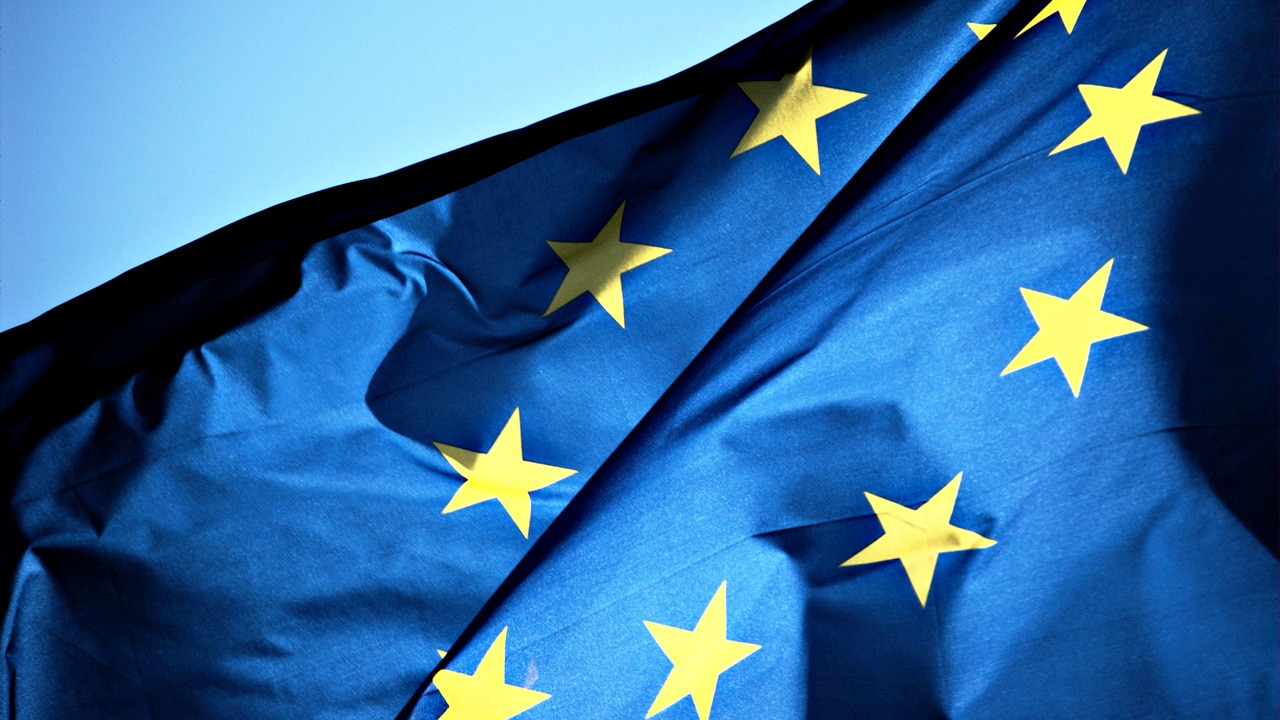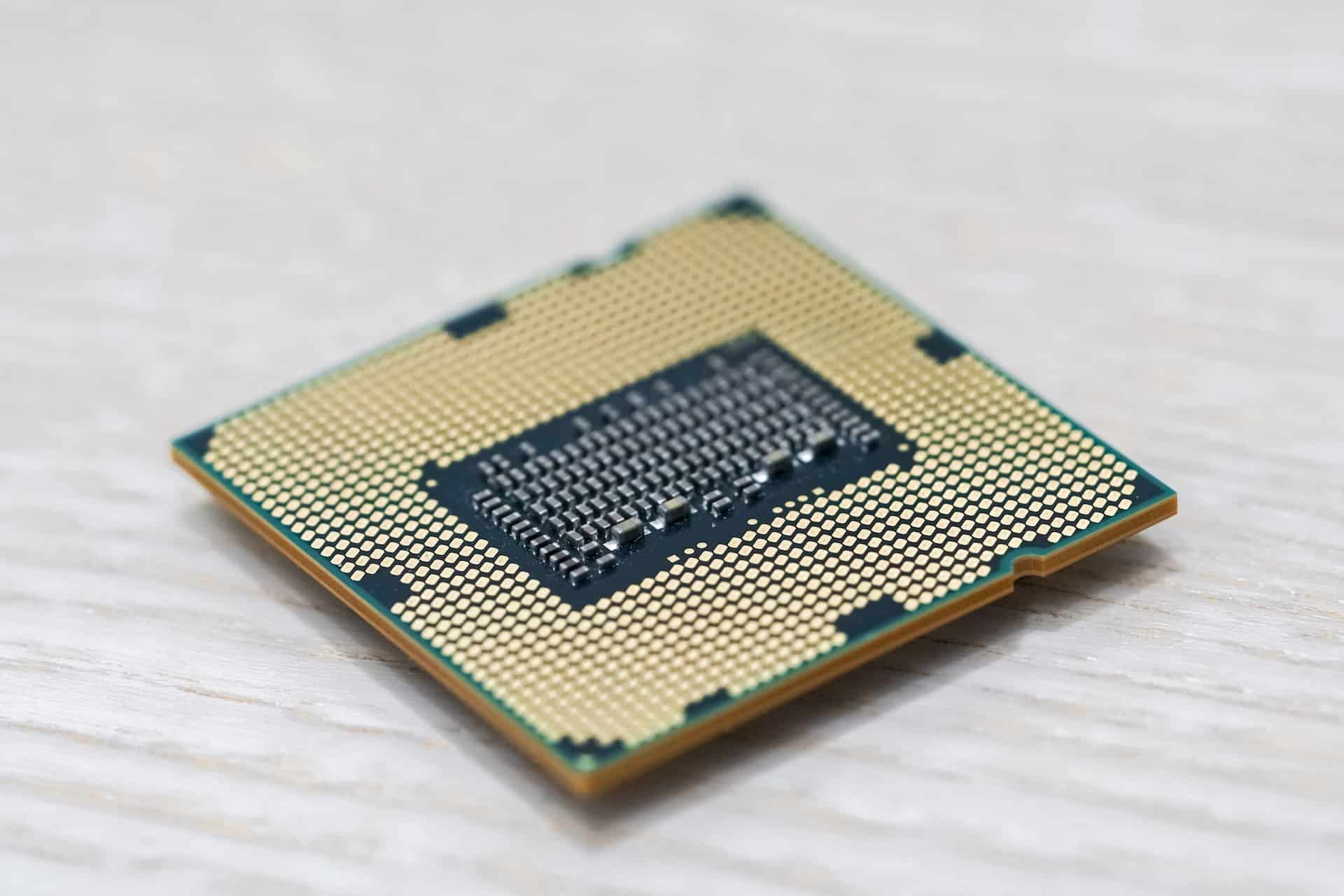Compared to other countries, Europe has been increasingly cautious in approving the use of certain technologies and in regulating citizens' sensitive data. A clear example is the GDPR, that set of rules that governs the collection and use of user data, guaranteeing citizens the right to know who has information about them and giving them the opportunity to have them removed.
In this regard, the EU has shown itself to be extremely cautious on the dissemination of technologies related to facial recognition, at least in public places. Recently, to say, a draft of a measure was circulating which suggested that impose a ban on its use for at least 3/5 years.
"Based on current rules, the future regulatory framework could go further and provide for a temporary ban on the use of facial recognition in public places" reads the document. During the three to five year ban period, the Commission's commitment is to identify "a robust methodology for verifying the impact of this technology to identify and develop possible risk management measures. […] This is to safeguard citizens' rights, in particular against any possible abuse of technology. Some exceptions may need to be made, in particular for research and development activities and for security purposes. "
The EU renounces the ban on facial recognition
According to the Financial Times, all references to the moratorium on the use of facial recognition have been removed in the new draft document. A green light to its unbridled use? Not really, given that while not vetoing the use of these technologies, surges member states to establish their own facial recognition rules.
How come this rethinking? According to Engadget, who cites a familiar source with both drafts, an internal division between two opposing factions is due. On the one hand, civil rights activists, fully in favor of the moratorium, on the other, the community of security experts, supporters of the technology.
Difficult to take sides. If on the one hand it is understandable that those who work in the security sector deem the instrument to arrest criminals or prevent crime very useful, on the other assess whether the technology is mature enough for a large scale use and above all, if it is not suitable for a distorted use.
There is no need to get to the delirium told in Nosedive, a particularly distressing episode of Black Mirror that rotates on the topic of social rating, to realize the implications that facial recognition could have in a little free country. China, where facial recognition is already a reality, as well as social rating policies, brings us some examples of horrors due to this technology, such as when the entrepreneur Dong Mingzhu has been accused of crossing the red for a mistake of the recognition systems, which have mistaken for a real person the photo of an advertisement attached to a bus.
In any case, even these latest EU decisions are not yet effective or final. This is a draft that could be further modified, also to harmonize the use of technology with the GDPR, which currently places many limits on the collection and use of biometric data.
















